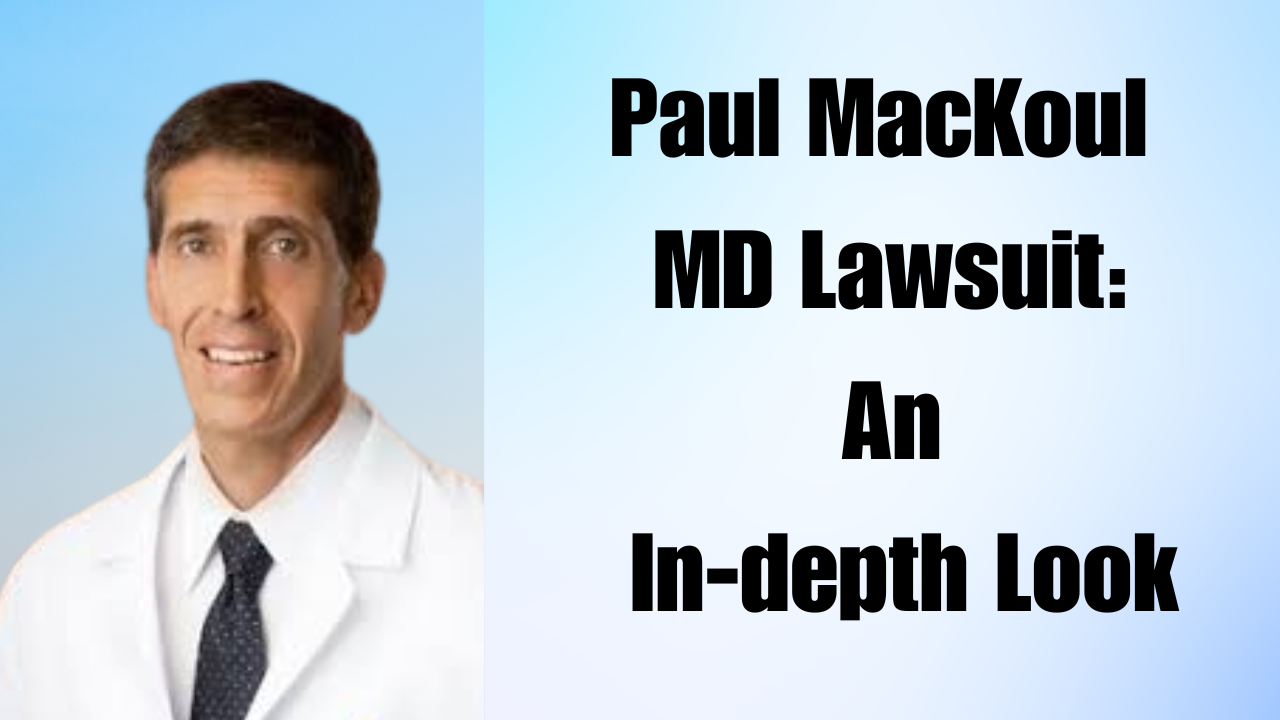The Paul MacKoul MD lawsuit has garnered significant attention due to allegations and legal challenges surrounding Dr. Paul MacKoul, a gynecologist specializing in minimally invasive surgical procedures. This article explores the claims, their implications, and the broader issues in the medical field that these allegations bring to light.
Understanding the Allegations
Overutilization of Healthcare Services
One major accusation against Dr. MacKoul involves overutilization of healthcare services. Critics allege that he performed unnecessary procedures, including the premature removal of sutures, solely to generate additional revenue. Such practices, if proven, raise ethical concerns about prioritizing financial gain over patient welfare. The medical community views these actions as a serious breach of trust and professional standards.
Substandard Standards of Care
Another key aspect of the Paul MacKoul MD lawsuit is the claim of inadequate care during and after surgery. Allegations include improper surgical techniques and insufficient post-operative monitoring. Substandard care can result in prolonged recovery times, complications, or even fatal outcomes, making these accusations a matter of grave concern.
Failure to Report Adverse Events
Transparency is critical in healthcare, especially when dealing with complications or adverse outcomes. Dr. MacKoul has faced criticism for allegedly failing to report such events to regulatory authorities. This omission, if substantiated, not only violates professional ethics but also undermines patient safety and public health accountability.
Legal and Ethical Implications
Patient Trust and the Medical Profession
Trust is the cornerstone of the doctor-patient relationship. Allegations like those in the Paul MacKoul MD lawsuit erode public confidence in the medical profession. If healthcare providers prioritize personal gain over patient care, the entire system suffers.
Regulatory Oversight and Accountability
The allegations against Dr. MacKoul highlight potential gaps in regulatory oversight. Authorities are responsible for ensuring that practitioners meet high standards of care. When adverse events go unreported, it hampers the ability of oversight bodies to identify systemic issues and enforce corrective actions.
Broader Lessons for the Medical Community
Ethical Practice in Healthcare
The Paul MacKoul MD lawsuit serves as a reminder for medical professionals to adhere strictly to ethical guidelines. Ensuring patient well-being should always take precedence over financial incentives. Upholding these values strengthens the profession and protects patients from harm.
Importance of Transparency
Transparent reporting of complications and outcomes is non-negotiable in modern healthcare. It allows for continuous improvement, fosters trust, and ensures accountability. Medical practitioners must embrace transparency as a core value in their practices.
Patient Advocacy
Patients should remain vigilant about their medical care. Asking questions, seeking second opinions, and researching treatment options empower patients to make informed decisions. The allegations in this case underscore the importance of active patient participation in healthcare.
Also read: Clever DPSCD: Revolutionizing Education Access
Conclusion
The Paul MacKoul MD lawsuit raises important questions about the ethical and professional responsibilities of healthcare providers. While the allegations remain unresolved, they emphasize the need for transparency, accountability, and patient-centered care in the medical field. As legal proceedings unfold, the case serves as a crucial reminder of the values that underpin trust in healthcare.
Maintaining high standards in medicine is essential not only for individual patient outcomes but also for the integrity of the healthcare system as a whole.

















































